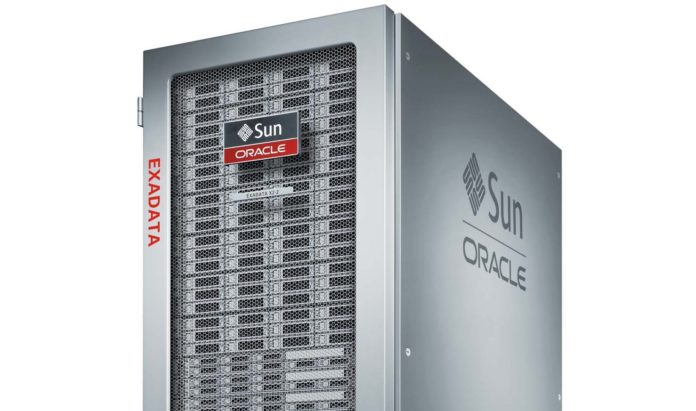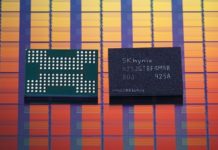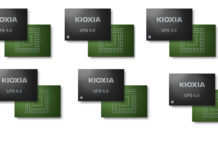Oracle has pushed out Exadata X8, the latest iteration of its engineered system optimised for the Oracle database.
The launch marks the tenth anniversary of the Exadata platform.
Unveiled today, the Oracle Exadata Database Machine X8 introduces machine-learning capabilities drawn from the Oracle Autonomous Database. These include Automatic Indexing, which continuously tunes the database as usage patterns change.
The Exadata X8 also incorporates automated performance monitoring which can determine the root cause of issues without human intervention, according to Oracle. The company said the software does this using AI combined with real-world performance triaging experience and best practices.
More bangs per buck
On the hardware side, the Exadata X8 gets the latest Intel Xeon processors, including dual 24-core Xeon Platinum 8260 chips in the database server and 16-core Xeon Gold 5218 chips in the storage servers. Those storage servers also get a boost from 6.4TB NVMe PCIe 3.0 flash cards.
This delivers a 60 per cent increase in I/O throughput for all-flash storage and a 25 per cent increase in IOPS per storage server compared with the previous generation Exadata X7 at no extra cost, Oracle claimed.
Also new is Oracle’s Zero Data Loss Recovery Appliance X8 and a low-cost extended storage server.
In recovery
The Recovery Appliance provides up to ten times faster recovery of an Oracle Database than conventional data deduplication appliances, while providing sub-second recoverability of all transactions, Oracle said.
Meanwhile, the low-cost extended storage server is for infrequently accessed, older, or regulatory data, which can be stored at “Hadoop/object storage prices”.
Oracle said Exadata provides a huge RAM, flash and disk footprint for large data sets, with a full rack exceeding 3 Petabytes while raw flash can be up to 920TB.
Exadata is also claimed to deliver high performance and low cost by intelligently moving active data across its disk, flash and memory tiers.








